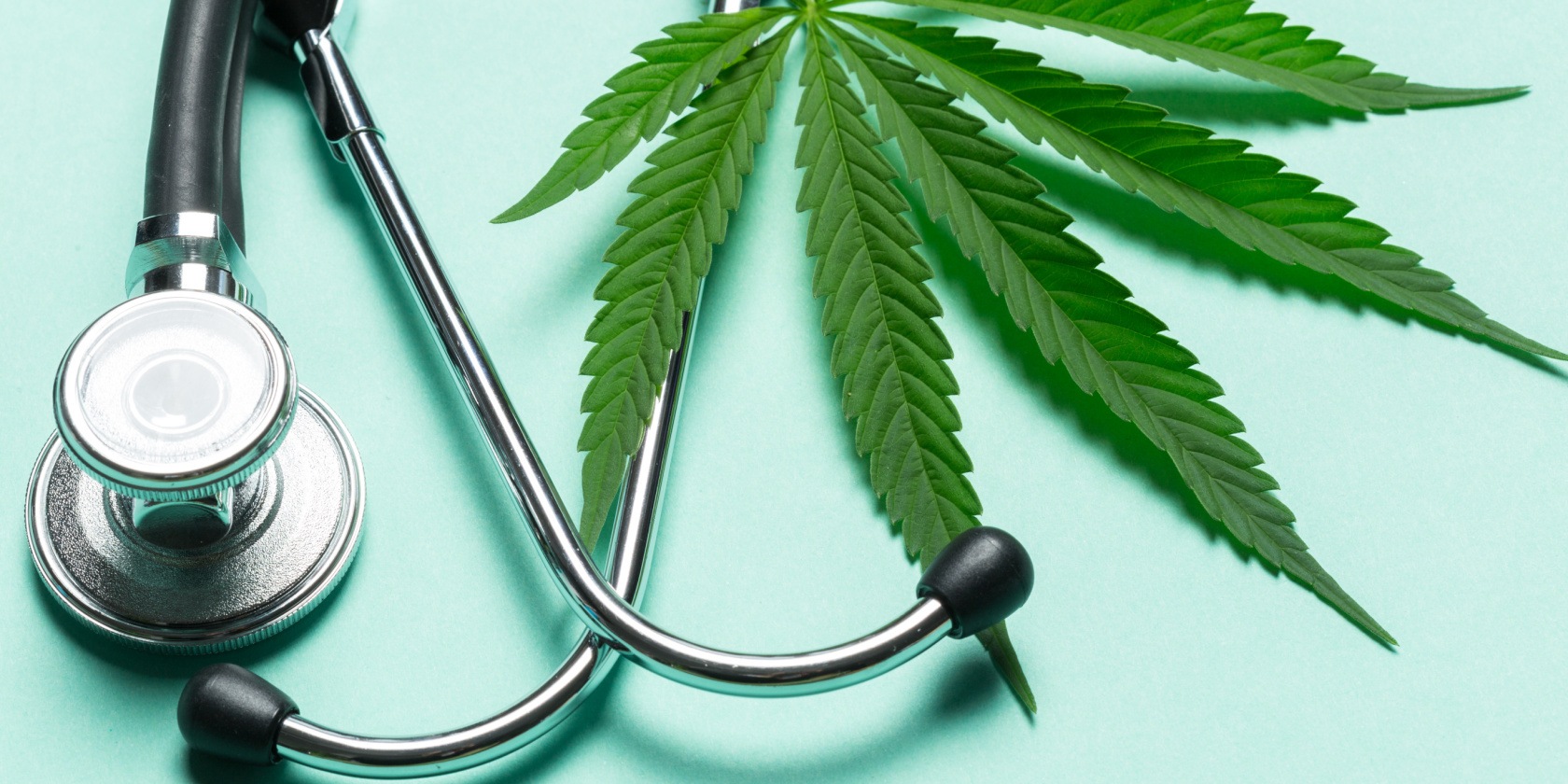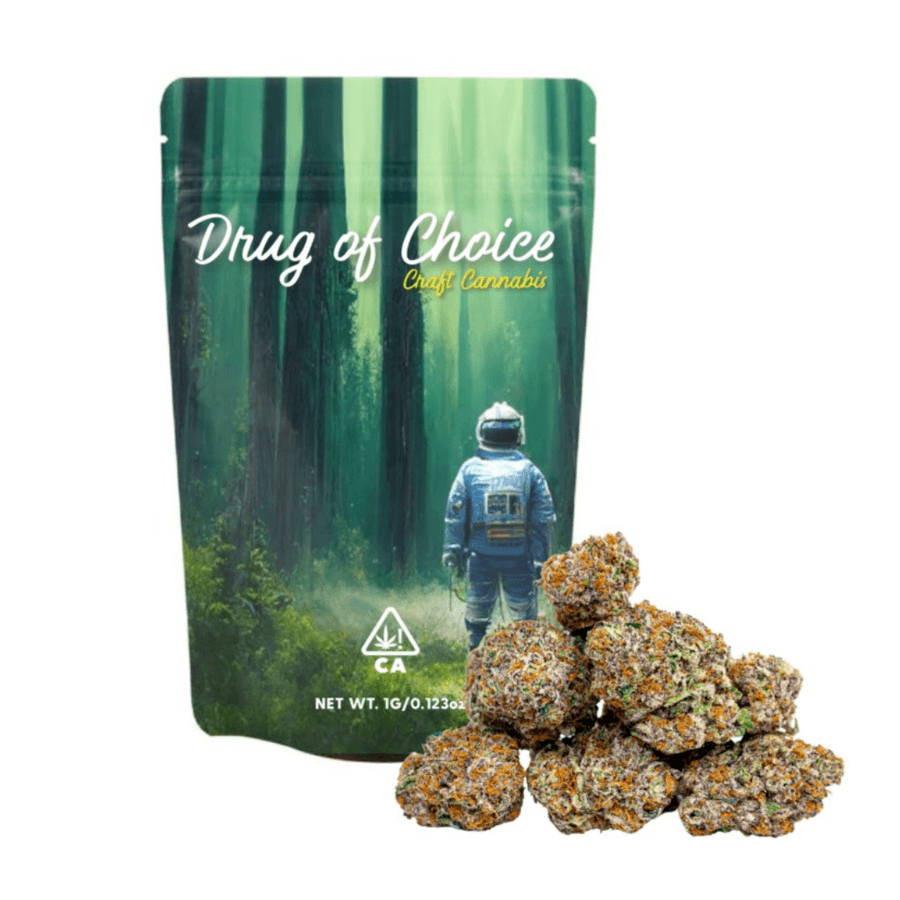
If you’re new to the world of medical cannabis, knowing where to start can be difficult. That’s why we’ve put together this handy patient’s guide to medical cannabis. Here’s a quick breakdown of what you need to know about using cannabis to treat medical conditions.
Using Cannabis For Medicinal Purposes
Cannabis has been used for medicinal purposes for thousands of years. The interactions between cannabinoids like CBD and THC and the body’s endocannabinoid system (ECS) are believed to cause a variety of different physical and cerebral effects, many of which may have therapeutic value.
Consumption Methods & Dosing For Medical Cannabis
If you want to use cannabis for medicinal benefits, you should have a good idea of what consumption methods and dosages work best for you. This will certainly require some experimentation on your part. But there are a few things you should know when it comes to dosing and consumption methods before you get started.

Different Methods, Different Results
Different consumption methods can produce different results when it comes to the effects you experience and how long they last for. It’s generally agreed that vaping or smoking cannabis produces the fastest onset of effects, while enjoying it as an edible produces the longest-lasting relief.
For instance, smoking or vaping cannabis tends to produce a typical buzz that can kick in within as little as 5 minutes and last for 2–3 hours. For more health-conscious patients looking to avoid inhaling cannabis, sublingual tinctures and oils can produce the same buzz for the same amount of time, although they may take a little bit longer to kick in.
If you’re looking for longer-lasting effects, edibles and capsules are the way to go. Because of the slow digestive process, edibles can sometimes take as long as 1–2 hours to kick in but can also last for as long as 6–8 hours.
Finding Your Ideal Dosage
Finding your ideal dosage and dosing schedule can take some time. And due to differences in bioavailability, a dosage that works well with one consumption method may not when using another.
It’s important to start with a low dosage when first starting out. If you find that it isn’t getting the job done, move your dosage up slowly and give it another shot. Logging your sessions in a cannabis journal can be a great way to keep track of what works and what doesn’t. Just be careful not to push your dosage up too quickly as the effects may become overwhelming if too much THC is ingested.
What Kinds of Conditions Can Medical Cannabis Treat?

Qualifying conditions for becoming a medical cannabis patient vary from state to state. But there are some conditions that you will find on every state’s list. Here are just a few of the medical conditions that cannabis is believed to be able to help manage.
Arthritis
A 2009 study exploring the anti-inflammatory potential of cannabinoids found that they had the potential to be a potent treatment against inflammatory disorders, like arthritis. An earlier study from 2006 found similar results when it successfully improved the pain of arthritis patients with a cannabis oil called Sativex.
Epilepsy
Research indicates that CBD may be able to help epilepsy patients to better manage their seizures. One 2015 study found that CBD was able to reduce motor seizures almost as successfully as some epilepsy medications. A 2017 study found similar results when 3 out of 5 patients suffering from Sturg-Weber syndrome reported a decrease in seizure frequency of at least 50%.
Neuropathic Pain
Research also indicates that cannabis may be able to reduce the nerve pain caused by various conditions. One 2017 study found that cannabis spray and capsules were successful in reducing stiffness and muscle spasms in people with Multiple Sclerosis. An earlier study from 2007 found similar results when treating nerve pain caused by HIV.
Anxiety
CBD has been found to help alleviate certain types of anxiety. A 2011 study found that people suffering from social anxiety were calmer in public speaking situations after being dosed with CBD. Another study indicated that CBD’s anti-anxiety effects may be attributable, at least in part, to its ability to reduce learned fear.
Sleep Disorders
THC is known to induce sleepiness and is responsible for the drowsiness that people feel at the end of a high. One 2004 study found that just as little as 15 mg of THC was enough to make test subjects sleepy. Through its calming anti-anxiety effects, CBD is also believed to help people who struggle with anxiety fall asleep easier.
What Other Conditions Can Cannabis Help Manage?

Some other conditions that cannabis is commonly prescribed for include:
- ADD/ADHD
- Alzheimer’s Disease
- Chronic Nausea
- Chronic Pain
- Colitis
- Crohn’s Disease
- Depression
- Eating Disorders
- Fibromyalgia
- AIDS/HIV
- Multiple Sclerosis
- Muscular Dystrophy
- Parkinson’s Disease
- PTSD
- Sleep Disorders
Ready to get started? Check out our Sacramento dispensary online menu to place your order today.









